
-
 Español
Español
-
 Portugues
Portugues
-
 Pусский
Pусский
-
 Français
Français
-
 Deutsch
Deutsch
-
 日本語
日本語
-
 한국어
한국어
-
 العربية
العربية
-
 Italiano
Italiano
-
 Nederlands
Nederlands
-
 Ελληνικά
Ελληνικά
-
 Svenska
Svenska
-
 Polski
Polski
-
 ไทย
ไทย
-
 Türk dili
Türk dili
-
 हिन्दी
हिन्दी
-
 Indonesia
Indonesia
-
 Melayu
Melayu
-
 Tiếng Việt
Tiếng Việt
-
 中文
中文
-
 dansk
dansk
-
 Magyar
Magyar
-
 қазақ
қазақ
-
 বাংলা
বাংলা
-
 עִברִית
עִברִית
-
 čeština
čeština
-
 Soomaali
Soomaali
-
 မြန်မာ
မြန်မာ
-
 فارسی
فارسی
-
 українська
українська
-
 norsk
norsk
-
 Gaeilge
Gaeilge
-
 беларускі
беларускі
-
 Română
Română
-
 ພາສາລາວ
ພາສາລາວ
-
 Filipino
Filipino
-
 lietuvių
lietuvių
-
 Cymraeg
Cymraeg
-
 македонски
македонски
-
 Suomalainen
Suomalainen
-
 slovenský
slovenský
-
 o'zbek
o'zbek
-
 اردو
اردو
-
 հայերեն
հայերեն
-
 Igbo
Igbo
-
 български
български
-
 سنڌي
سنڌي
-
 Shona
Shona
-
 සිංහල
සිංහල
-
 Hrvatski
Hrvatski
-
 íslenskur
íslenskur
-
 galego
galego
-
 català
català
-
 Zulu South Africa
Zulu South Africa
-
 Afrikaans isiXhosa
Afrikaans isiXhosa
-
 ಕನ್ನಡ
ಕನ್ನಡ
-
 lëtzebuergesch
lëtzebuergesch
-
 Indonésia Sunda
Indonésia Sunda
-
 basa jawa
basa jawa
-
 ગુજરાતી
ગુજરાતી
-
 Кыргызча
Кыргызча
-
 тоҷикӣ
тоҷикӣ
-
 Србија
Србија
-
 Twi
Twi
-
 Hawaii
Hawaii
-
 Cebu
Cebu
-
 नेपाल
नेपाल
-
 euskara
euskara
-
 Kurdî
Kurdî
-
 frissi
frissi
-
 יידיש
יידיש
-
 latvija
latvija
-
 slovenija
slovenija
-
 kiswahili
kiswahili
-
 ਪੰਜਾਬ
ਪੰਜਾਬ
-
 پښتو
پښتو
-
 საქართველოს
საქართველოს
-
 hua moni
hua moni
-
 bosna
bosna
-
 తెలుగు
తెలుగు
-
 தமிழ்
தமிழ்
-
 Kreyòl ayisyen
Kreyòl ayisyen
-
 Eesti
Eesti
-
 Corsica
Corsica
-
 Yoruba
Yoruba
-
 Gàidhlig na h-Alba
Gàidhlig na h-Alba
-
 Samoa
Samoa
-
 Монгол
Монгол
-
 Hausa
Hausa
-
 Azərbaycan
Azərbaycan
-
 አማራ
አማራ
-
 Shqipëria
Shqipëria
-
 Malagasy
Malagasy
-
 मराठी
मराठी
-
 മലയാളം
മലയാളം
-
 Malta
Malta
-
 ខ្មែរ
ខ្មែរ
-
 Chicheva
Chicheva
-
 中文(繁体)
中文(繁体)
-
 ଓଡିଆ
ଓଡିଆ
-
 Setswana
Setswana
-
 Afrikaans
Afrikaans
-
 Aymara
Aymara
-
 Башҡорт
Башҡорт
-
 Türkmenler
Türkmenler
-
 ትግሪኛ
ትግሪኛ
-
 Afaan Oromoo
Afaan Oromoo
-
 অসমীয়া
অসমীয়া
-
 Kinyarwanda
Kinyarwanda
-
 Ilocano
Ilocano
-
 Wolof
Wolof
-
 अवधी
अवधी
-
 Oluganda
Oluganda
-
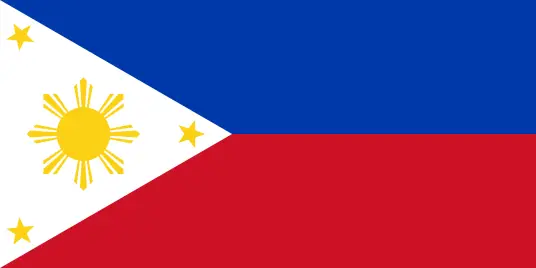 Bikol
Bikol
-
 Fulɓe
Fulɓe
-
 Kikongo
Kikongo
-
 Sango
Sango
-
 ދިވެހި
ދިވެހި
-
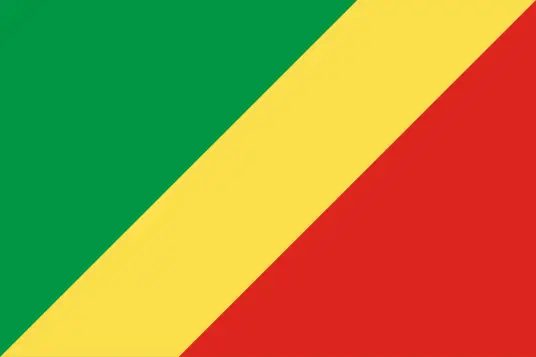 Lingala
Lingala
-
 मैथिली
मैथिली
-
 Tsonga
Tsonga
-
 ꯃꯦꯏ ꯊꯥꯏ꯫
ꯃꯦꯏ ꯊꯥꯏ꯫
-
 brezhoneg
brezhoneg
-
 Furlan
Furlan
-
 नेवा
नेवा
-
 རྫོང་ཁ
རྫོང་ཁ
-
 Santali
Santali
-
 Аҧсуа
Аҧсуа
-
 Нохчийн
Нохчийн
-
 Чӑваш
Чӑваш
-
 Татар
Татар
-
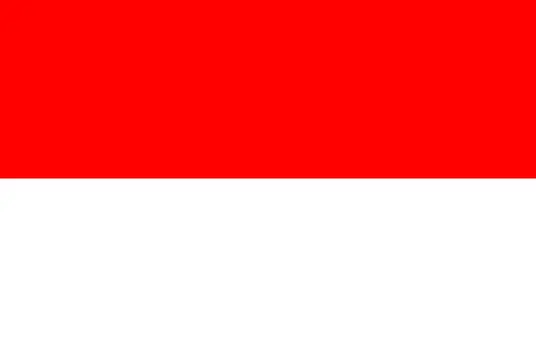 Batak Karo
Batak Karo
-
 دری
دری
-
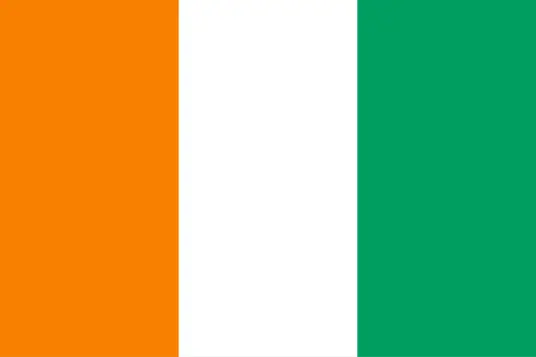 Diura
Diura
-
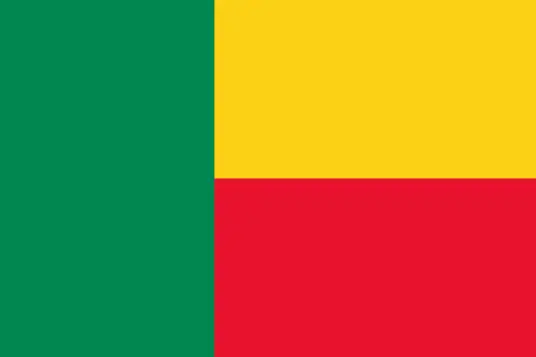 Fengyu
Fengyu
-
 Eʋegbe
Eʋegbe
-
 Iban
Iban
-
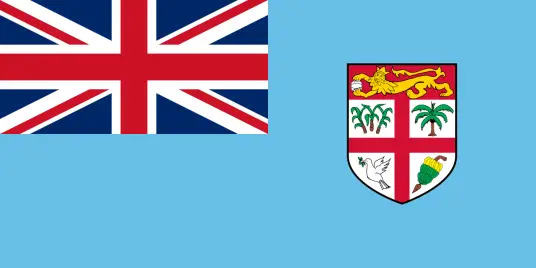 Fiji
Fiji
-
 Tonga
Tonga
-
 Inuktitut
Inuktitut
-
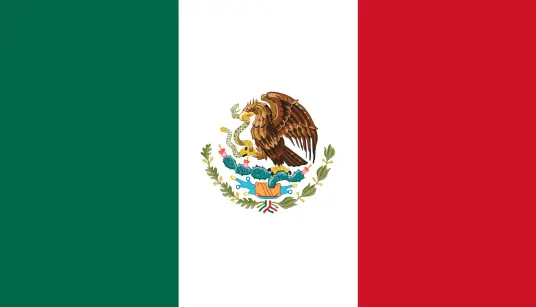 Nahuatl
Nahuatl
-
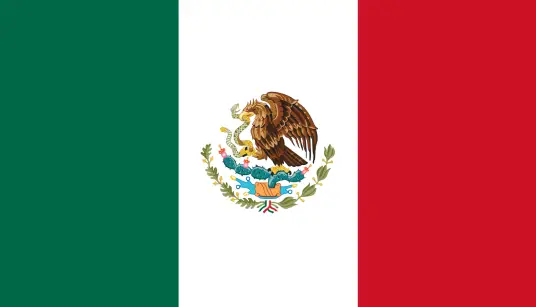 maaya yucatec
maaya yucatec
-
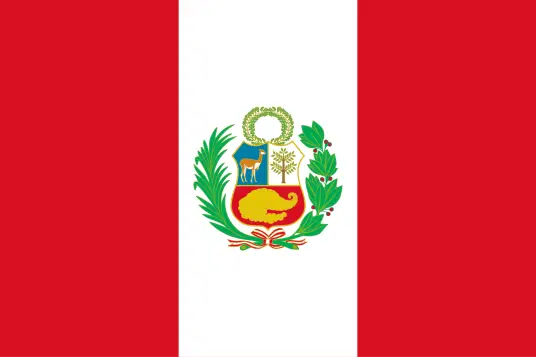 Runasimi
Runasimi
-
 guarani
guarani
-
 Qafar
Qafar
-
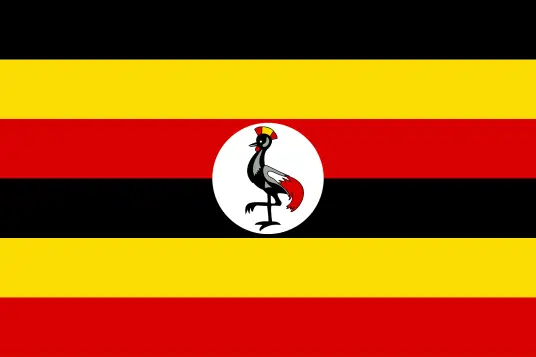 Acholi
Acholi
-
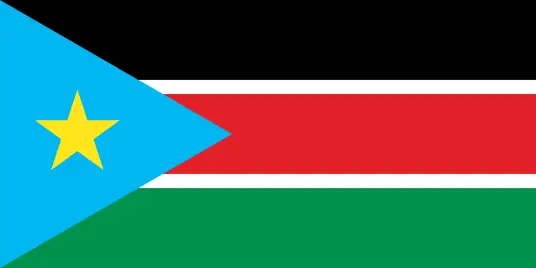 Dinka
Dinka
-
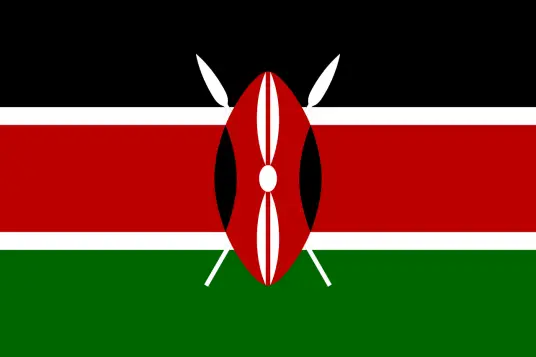 Luo
Luo
-
 Lundi
Lundi
-
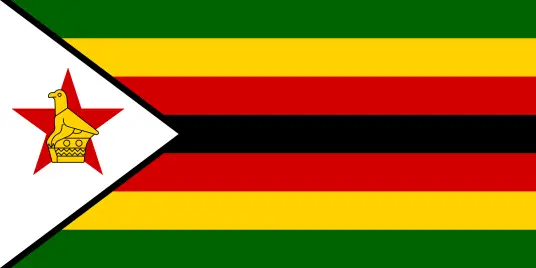 isiNdebele
isiNdebele
-
 Tshivenḓa
Tshivenḓa
-
 Sesotho sa Leboa
Sesotho sa Leboa
-
 Sesotho sa Borwa
Sesotho sa Borwa
-
 Ndumbe
Ndumbe
-
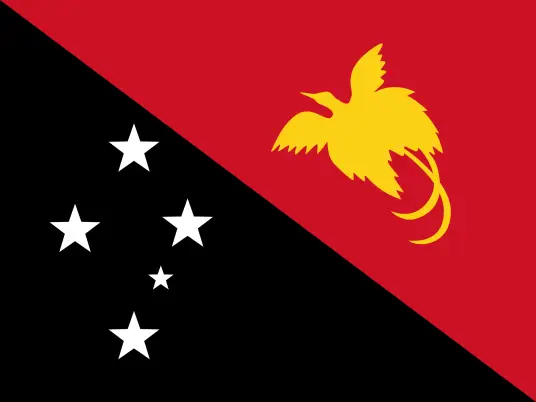 Papuan Pidgin
Papuan Pidgin
-
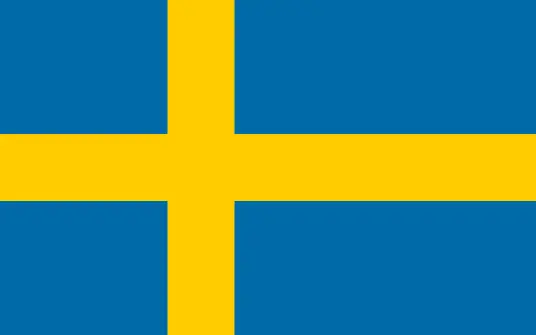 Rromani ćhib
Rromani ćhib
-
 Thok Nath
Thok Nath
yuxiatugong@163.com
+86 18353494641
-
 Español
Español
-
 Portugues
Portugues
-
 Pусский
Pусский
-
 Français
Français
-
 Deutsch
Deutsch
-
 日本語
日本語
-
 한국어
한국어
-
 العربية
العربية
-
 Italiano
Italiano
-
 Nederlands
Nederlands
-
 Ελληνικά
Ελληνικά
-
 Svenska
Svenska
-
 Polski
Polski
-
 ไทย
ไทย
-
 Türk dili
Türk dili
-
 हिन्दी
हिन्दी
-
 Indonesia
Indonesia
-
 Melayu
Melayu
-
 Tiếng Việt
Tiếng Việt
-
 中文
中文
-
 dansk
dansk
-
 Magyar
Magyar
-
 қазақ
қазақ
-
 বাংলা
বাংলা
-
 עִברִית
עִברִית
-
 čeština
čeština
-
 Soomaali
Soomaali
-
 မြန်မာ
မြန်မာ
-
 فارسی
فارسی
-
 українська
українська
-
 norsk
norsk
-
 Gaeilge
Gaeilge
-
 беларускі
беларускі
-
 Română
Română
-
 ພາສາລາວ
ພາສາລາວ
-
 Filipino
Filipino
-
 lietuvių
lietuvių
-
 Cymraeg
Cymraeg
-
 македонски
македонски
-
 Suomalainen
Suomalainen
-
 slovenský
slovenský
-
 o'zbek
o'zbek
-
 اردو
اردو
-
 հայերեն
հայերեն
-
 Igbo
Igbo
-
 български
български
-
 سنڌي
سنڌي
-
 Shona
Shona
-
 සිංහල
සිංහල
-
 Hrvatski
Hrvatski
-
 íslenskur
íslenskur
-
 galego
galego
-
 català
català
-
 Zulu South Africa
Zulu South Africa
-
 Afrikaans isiXhosa
Afrikaans isiXhosa
-
 ಕನ್ನಡ
ಕನ್ನಡ
-
 lëtzebuergesch
lëtzebuergesch
-
 Indonésia Sunda
Indonésia Sunda
-
 basa jawa
basa jawa
-
 ગુજરાતી
ગુજરાતી
-
 Кыргызча
Кыргызча
-
 тоҷикӣ
тоҷикӣ
-
 Србија
Србија
-
 Twi
Twi
-
 Hawaii
Hawaii
-
 Cebu
Cebu
-
 नेपाल
नेपाल
-
 euskara
euskara
-
 Kurdî
Kurdî
-
 frissi
frissi
-
 יידיש
יידיש
-
 latvija
latvija
-
 slovenija
slovenija
-
 kiswahili
kiswahili
-
 ਪੰਜਾਬ
ਪੰਜਾਬ
-
 پښتو
پښتو
-
 საქართველოს
საქართველოს
-
 hua moni
hua moni
-
 bosna
bosna
-
 తెలుగు
తెలుగు
-
 தமிழ்
தமிழ்
-
 Kreyòl ayisyen
Kreyòl ayisyen
-
 Eesti
Eesti
-
 Corsica
Corsica
-
 Yoruba
Yoruba
-
 Gàidhlig na h-Alba
Gàidhlig na h-Alba
-
 Samoa
Samoa
-
 Монгол
Монгол
-
 Hausa
Hausa
-
 Azərbaycan
Azərbaycan
-
 አማራ
አማራ
-
 Shqipëria
Shqipëria
-
 Malagasy
Malagasy
-
 मराठी
मराठी
-
 മലയാളം
മലയാളം
-
 Malta
Malta
-
 ខ្មែរ
ខ្មែរ
-
 Chicheva
Chicheva
-
 中文(繁体)
中文(繁体)
-
 ଓଡିଆ
ଓଡିଆ
-
 Setswana
Setswana
-
 Afrikaans
Afrikaans
-
 Aymara
Aymara
-
 Башҡорт
Башҡорт
-
 Türkmenler
Türkmenler
-
 ትግሪኛ
ትግሪኛ
-
 Afaan Oromoo
Afaan Oromoo
-
 অসমীয়া
অসমীয়া
-
 Kinyarwanda
Kinyarwanda
-
 Ilocano
Ilocano
-
 Wolof
Wolof
-
 अवधी
अवधी
-
 Oluganda
Oluganda
-
 Bikol
Bikol
-
 Fulɓe
Fulɓe
-
 Kikongo
Kikongo
-
 Sango
Sango
-
 ދިވެހި
ދިވެހި
-
 Lingala
Lingala
-
 मैथिली
मैथिली
-
 Tsonga
Tsonga
-
 ꯃꯦꯏ ꯊꯥꯏ꯫
ꯃꯦꯏ ꯊꯥꯏ꯫
-
 brezhoneg
brezhoneg
-
 Furlan
Furlan
-
 नेवा
नेवा
-
 རྫོང་ཁ
རྫོང་ཁ
-
 Santali
Santali
-
 Аҧсуа
Аҧсуа
-
 Нохчийн
Нохчийн
-
 Чӑваш
Чӑваш
-
 Татар
Татар
-
 Batak Karo
Batak Karo
-
 دری
دری
-
 Diura
Diura
-
 Fengyu
Fengyu
-
 Eʋegbe
Eʋegbe
-
 Iban
Iban
-
 Fiji
Fiji
-
 Tonga
Tonga
-
 Inuktitut
Inuktitut
-
 Nahuatl
Nahuatl
-
 maaya yucatec
maaya yucatec
-
 Runasimi
Runasimi
-
 guarani
guarani
-
 Qafar
Qafar
-
 Acholi
Acholi
-
 Dinka
Dinka
-
 Luo
Luo
-
 Lundi
Lundi
-
 isiNdebele
isiNdebele
-
 Tshivenḓa
Tshivenḓa
-
 Sesotho sa Leboa
Sesotho sa Leboa
-
 Sesotho sa Borwa
Sesotho sa Borwa
-
 Ndumbe
Ndumbe
-
 Papuan Pidgin
Papuan Pidgin
-
 Rromani ćhib
Rromani ćhib
-
 Thok Nath
Thok Nath

News Center
News Center
HOT PRODUCT
Flexible Concrete Canvas Material Easy Installation On Site
2025-10-13 07:33:29
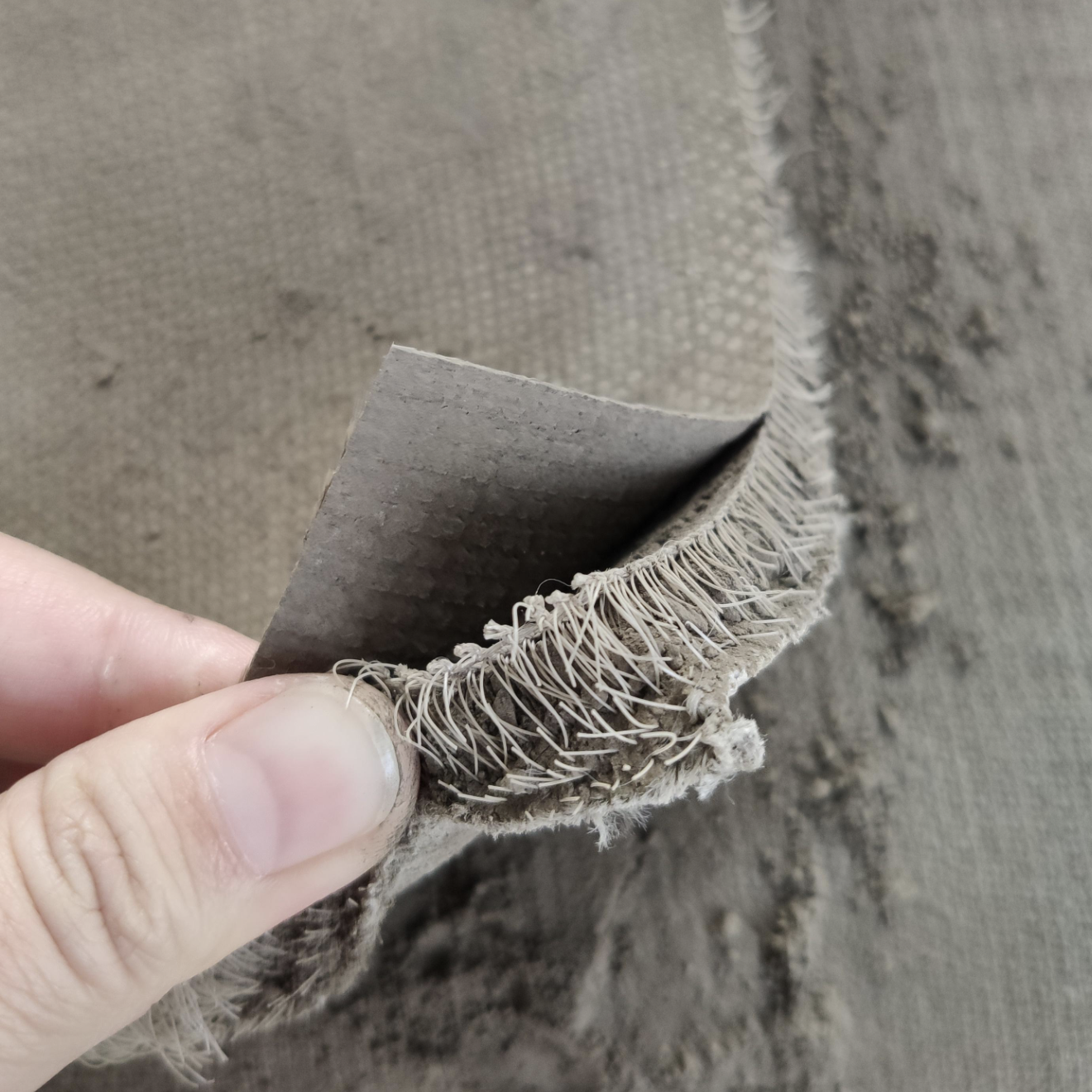
Flexible Concrete Canvas Material: Easy Installation On Site
Introduction
Flexible Concrete Canvas (FCC) is an innovative construction material that combines the durability of concrete with the flexibility of fabric. This material is revolutionizing the construction industry by offering a lightweight, easy-to-install, and highly durable solution for various applications, including erosion control, slope stabilization, ditch lining, and temporary or permanent structures.
Unlike traditional concrete, which requires extensive formwork, curing time, and skilled labor, FCC can be deployed quickly and efficiently on-site. Its unique design allows it to harden upon hydration, forming a robust concrete layer without the need for mixing or pouring. This article explores the properties, benefits, and installation process of Flexible Concrete Canvas, demonstrating why it is becoming a preferred choice for modern construction projects.
Properties of Flexible Concrete Canvas
Flexible Concrete Canvas consists of a three-dimensional fiber matrix impregnated with a dry concrete mix. The material is typically supplied in rolls, making it easy to transport and handle. Key properties include:
1. Flexibility Before Hydration – FCC remains pliable until water is applied, allowing it to conform to complex shapes and uneven surfaces.
2. Rapid Curing – Once hydrated, the material hardens within 24 hours, significantly reducing project timelines.
3. High Strength – After curing, FCC achieves compressive strengths comparable to conventional concrete.
4. Durability – Resistant to UV radiation, chemical degradation, and extreme weather conditions.
5. Lightweight – Easy to transport and install without heavy machinery.
6. Eco-Friendly – Reduces material waste and requires less energy compared to traditional concrete.
Advantages of Flexible Concrete Canvas
1. Ease of Installation
One of the most significant advantages of FCC is its simplicity of installation. Unlike traditional concrete, which requires formwork, reinforcement, and skilled labor, FCC can be unrolled and secured in place before hydration. This makes it ideal for remote or difficult-to-access sites where conventional methods would be impractical.
2. Time Efficiency
Traditional concrete requires days or even weeks to cure fully, whereas FCC hardens within 24 hours. This rapid curing allows for faster project completion, reducing labor costs and downtime.
3. Cost-Effective
Since FCC eliminates the need for formwork, mixing, and extensive labor, it significantly reduces construction costs. Additionally, its lightweight nature lowers transportation expenses.
4. Versatility
FCC can be used in a wide range of applications, including:
- Erosion Control – Protects slopes and embankments from water and wind erosion.
- Ditch and Channel Lining – Prevents water seepage and soil loss in drainage systems.
- Temporary Structures – Ideal for emergency shelters, military applications, and disaster relief.
- Permanent Structures – Used in retaining walls, foundations, and even architectural finishes.
5. Minimal Environmental Impact
FCC reduces material waste and carbon footprint by eliminating the need for excessive formwork and reducing transportation requirements. Its long lifespan also means fewer repairs and replacements over time.
Installation Process
The installation of Flexible Concrete Canvas is straightforward and can be completed in a few simple steps:
Step 1: Site Preparation
- Clear the area of debris, vegetation, and loose soil.
- Ensure the surface is compacted and leveled if necessary.
Step 2: Unrolling the Material
- FCC is supplied in rolls, which can be easily unrolled over the prepared surface.
- Overlapping edges (typically 50-100mm) should be considered for larger areas to ensure full coverage.
Step 3: Securing the Material
- Use nails, staples, or adhesive to fix the material in place, especially on slopes or vertical surfaces.
- For curved or irregular surfaces, the material can be cut and shaped as needed.
Step 4: Hydration
- Once positioned, the material is hydrated using water (spraying or soaking).
- The water activates the dry concrete mix, initiating the curing process.
Step 5: Curing
- The material hardens within 24 hours, forming a strong, durable concrete layer.
- No additional curing measures are required, though protection from heavy rain or extreme temperatures during the initial setting phase is recommended.
Applications of Flexible Concrete Canvas
1. Civil Engineering & Infrastructure
FCC is widely used in civil engineering projects, including:
- Slope Stabilization – Prevents landslides and soil erosion on embankments.
- Culvert and Pipe Protection – Reinforces drainage systems against wear and tear.
- Road and Railway Embankments – Provides a quick and durable solution for stabilizing infrastructure.
2. Environmental Protection
- Erosion Control – Shields riverbanks, coastlines, and hillsides from erosion.
- Land Rehabilitation – Used in mining and construction sites to restore degraded land.
3. Military & Emergency Use
- Rapid Shelter Construction – Deployed in disaster relief and military operations for quick shelter solutions.
- Blast Protection – Reinforces temporary structures against explosions.
4. Architectural & Landscaping
- Decorative Finishes – Can be textured or colored for aesthetic applications.
- Retaining Walls – Provides a durable and visually appealing solution for landscaping.
Conclusion
Flexible Concrete Canvas is a game-changing material that offers unparalleled ease of installation, durability, and cost-effectiveness. Its ability to conform to various shapes, rapid curing time, and minimal environmental impact make it an ideal choice for modern construction projects. Whether used in civil engineering, environmental protection, emergency response, or architectural design, FCC provides a versatile and efficient alternative to traditional concrete.
As construction practices continue to evolve, materials like FCC will play an increasingly vital role in delivering sustainable, high-performance solutions with reduced labor and time requirements. Its adoption is expected to grow, further revolutionizing the way we approach construction challenges in the future.
(Word count: ~2000)








 Phone
Phone
Comment
(0)